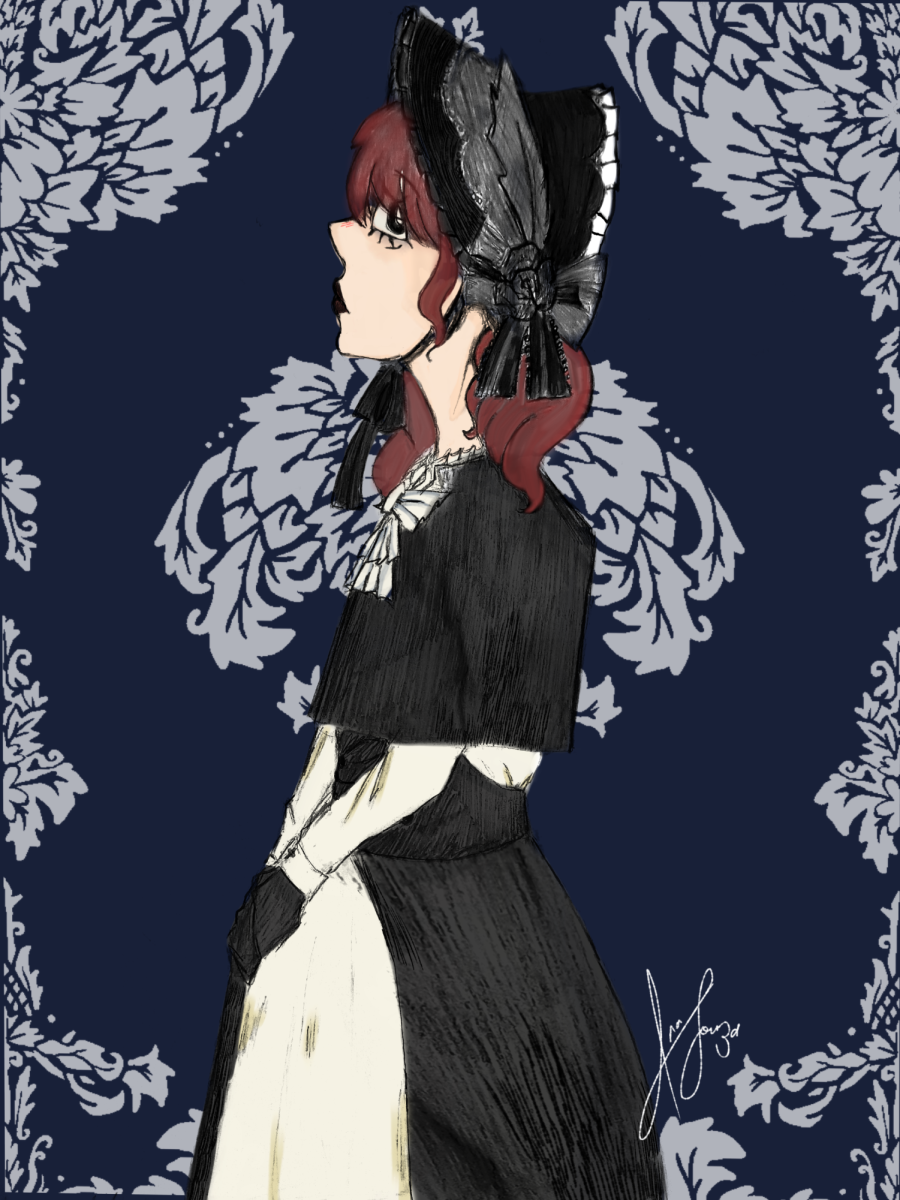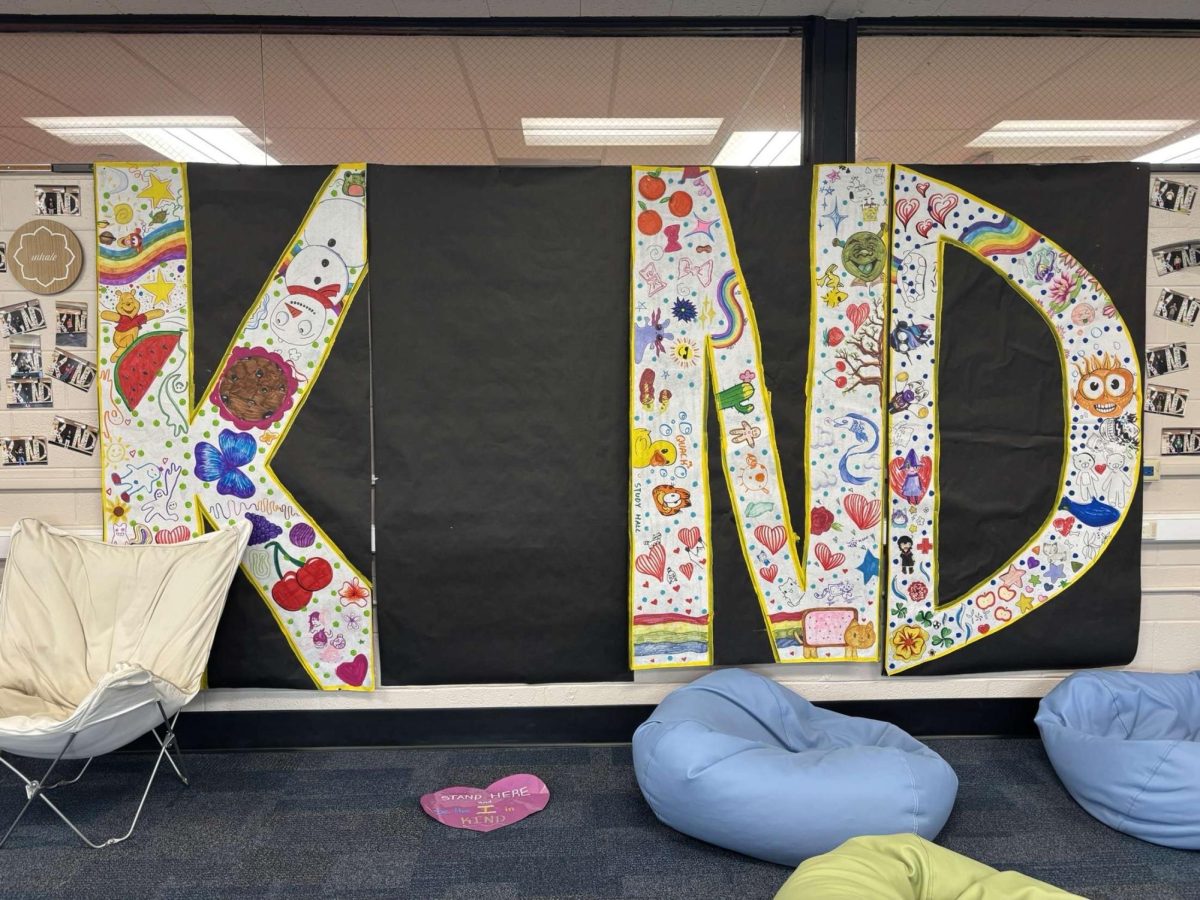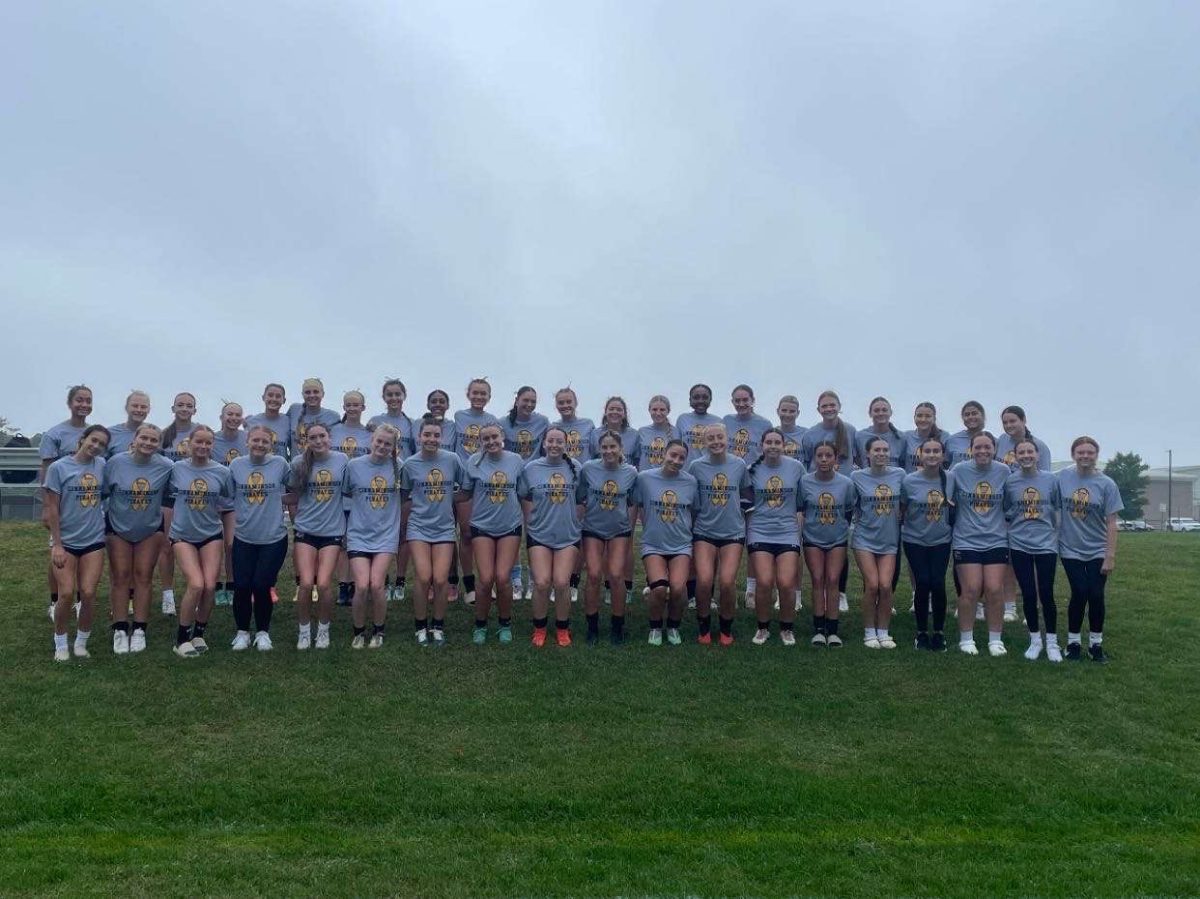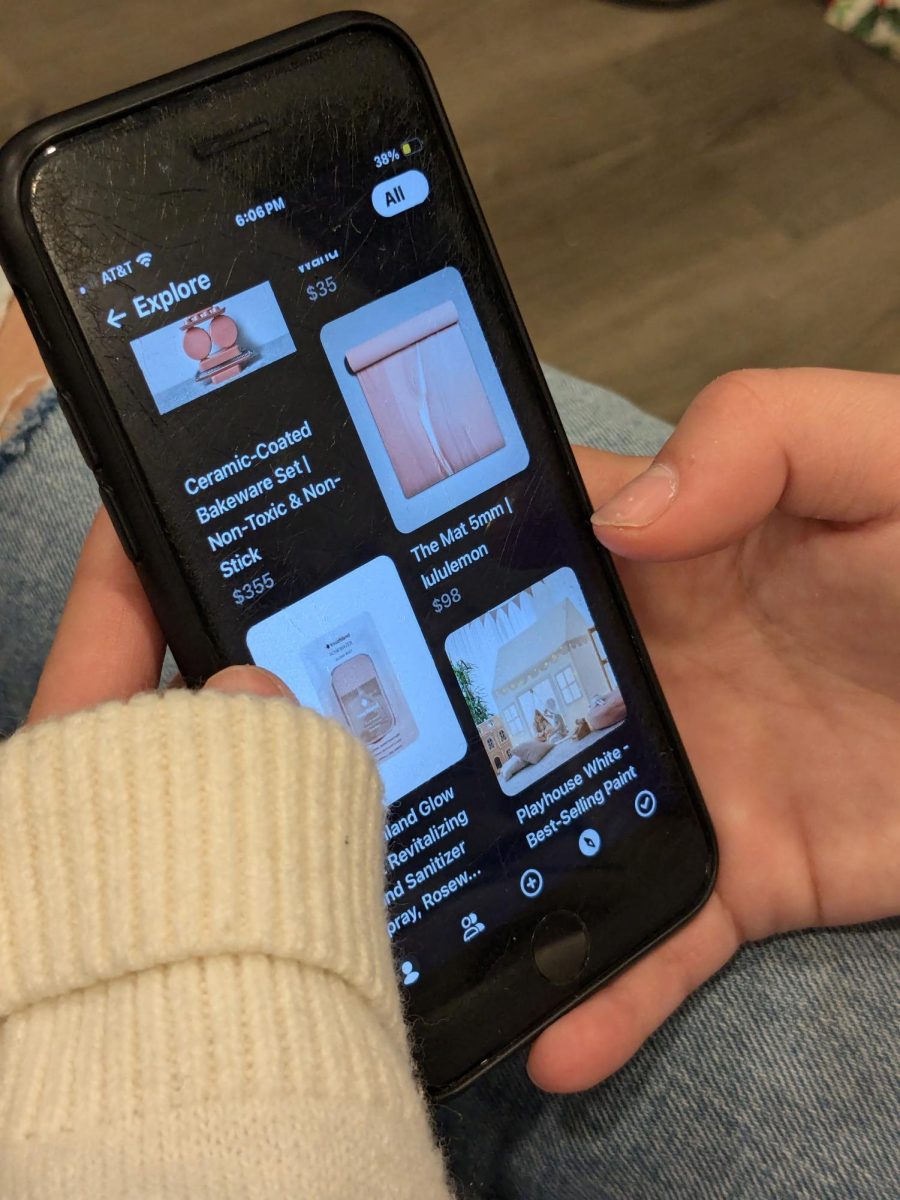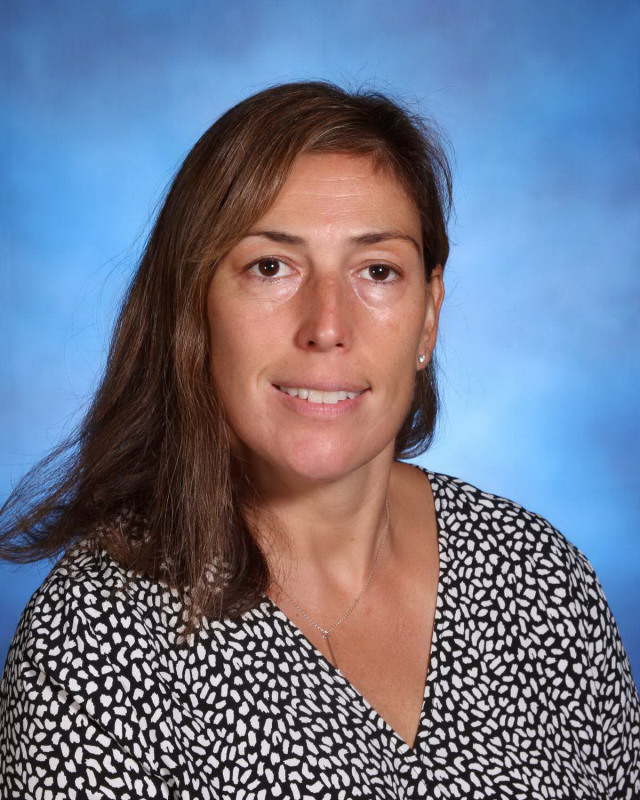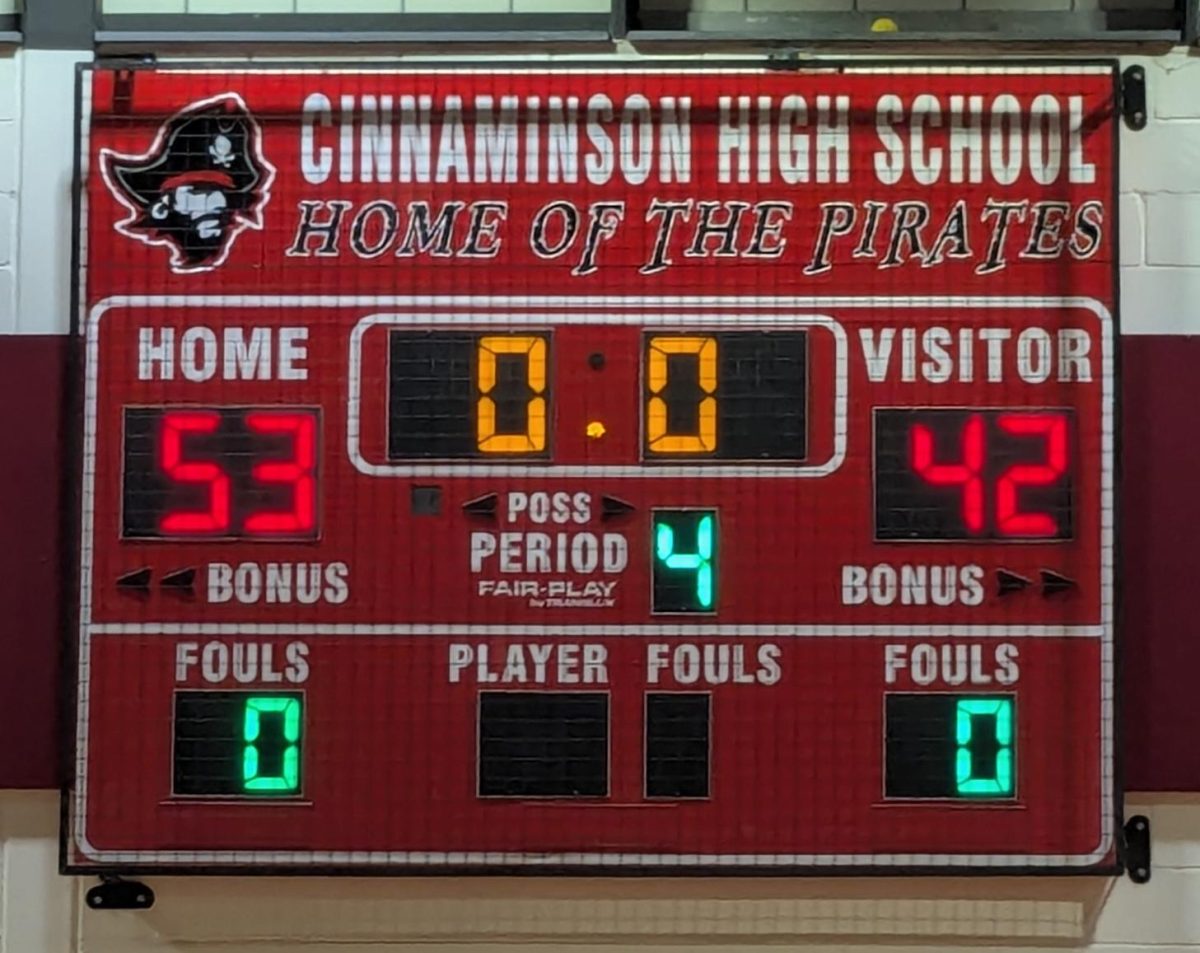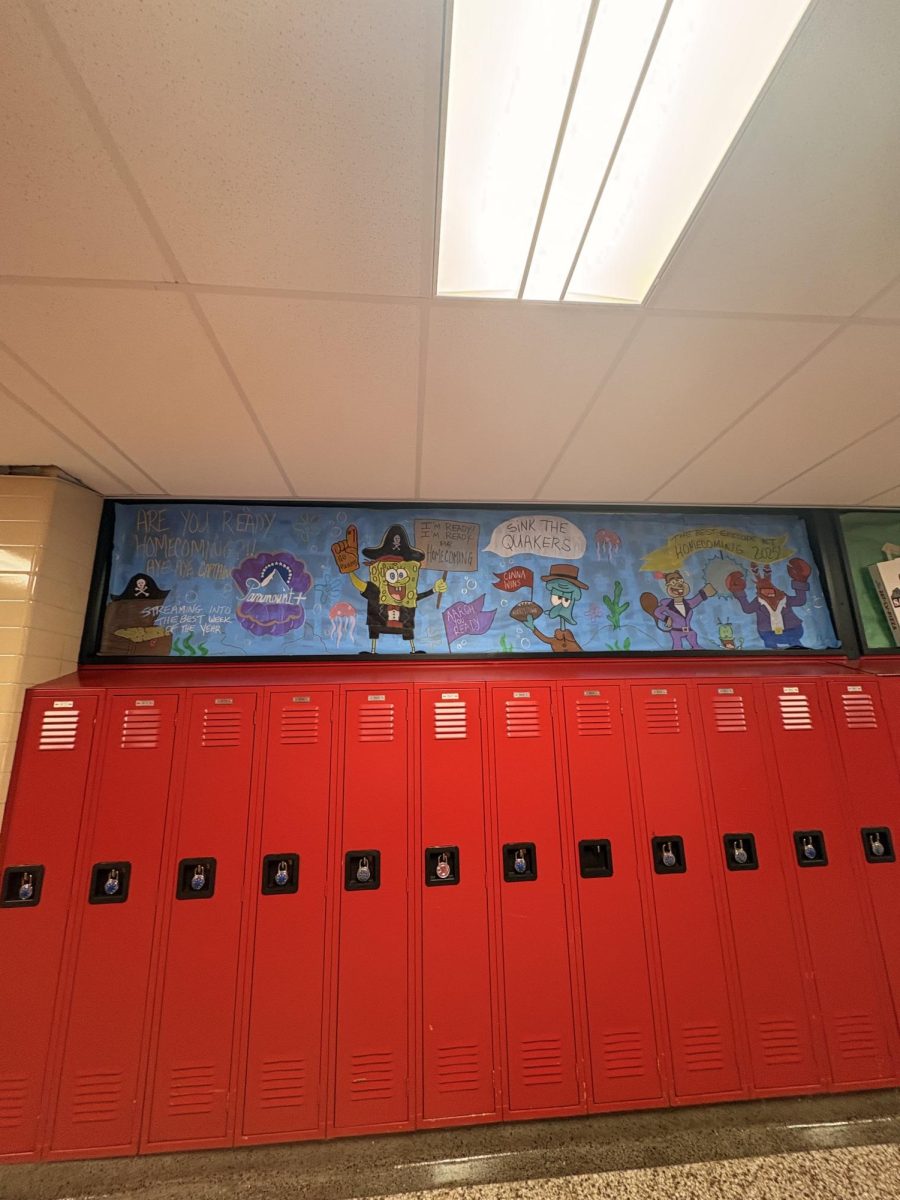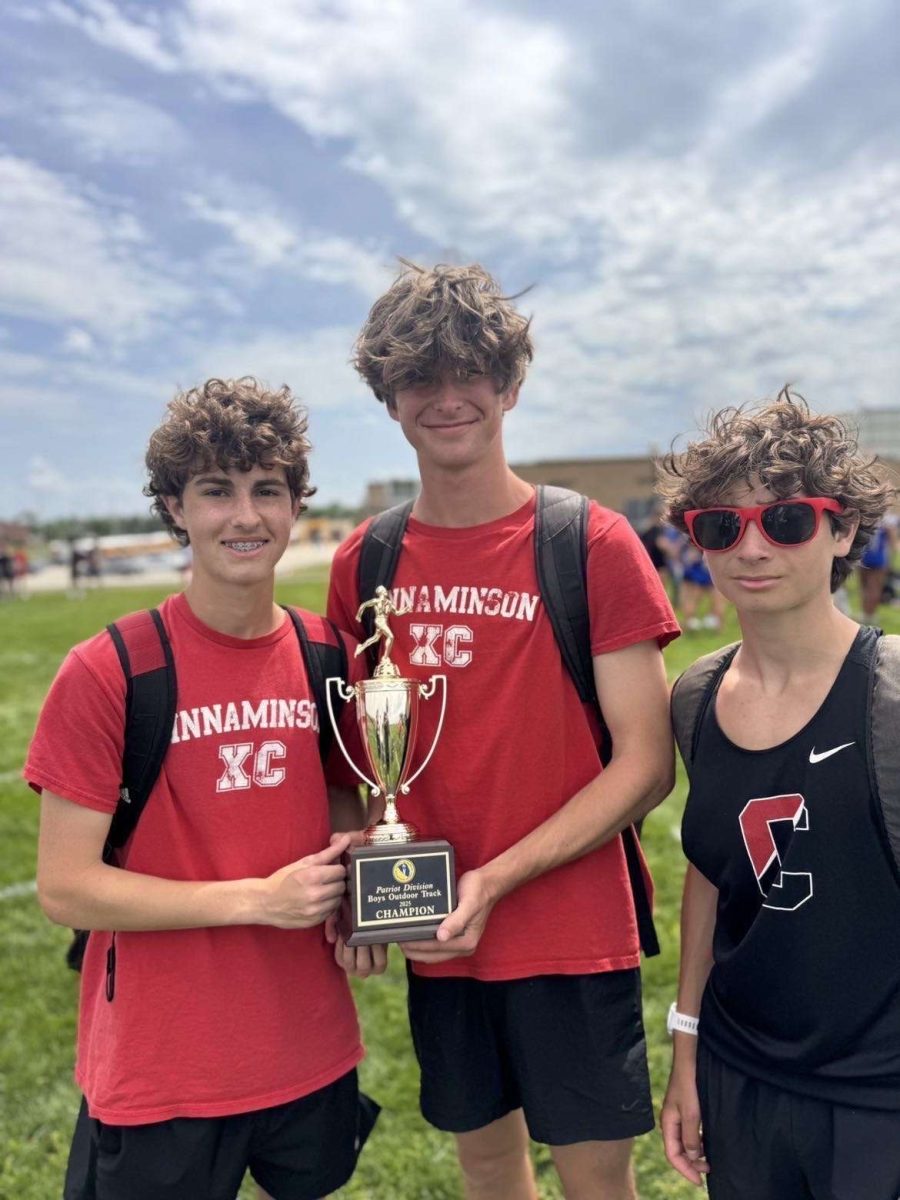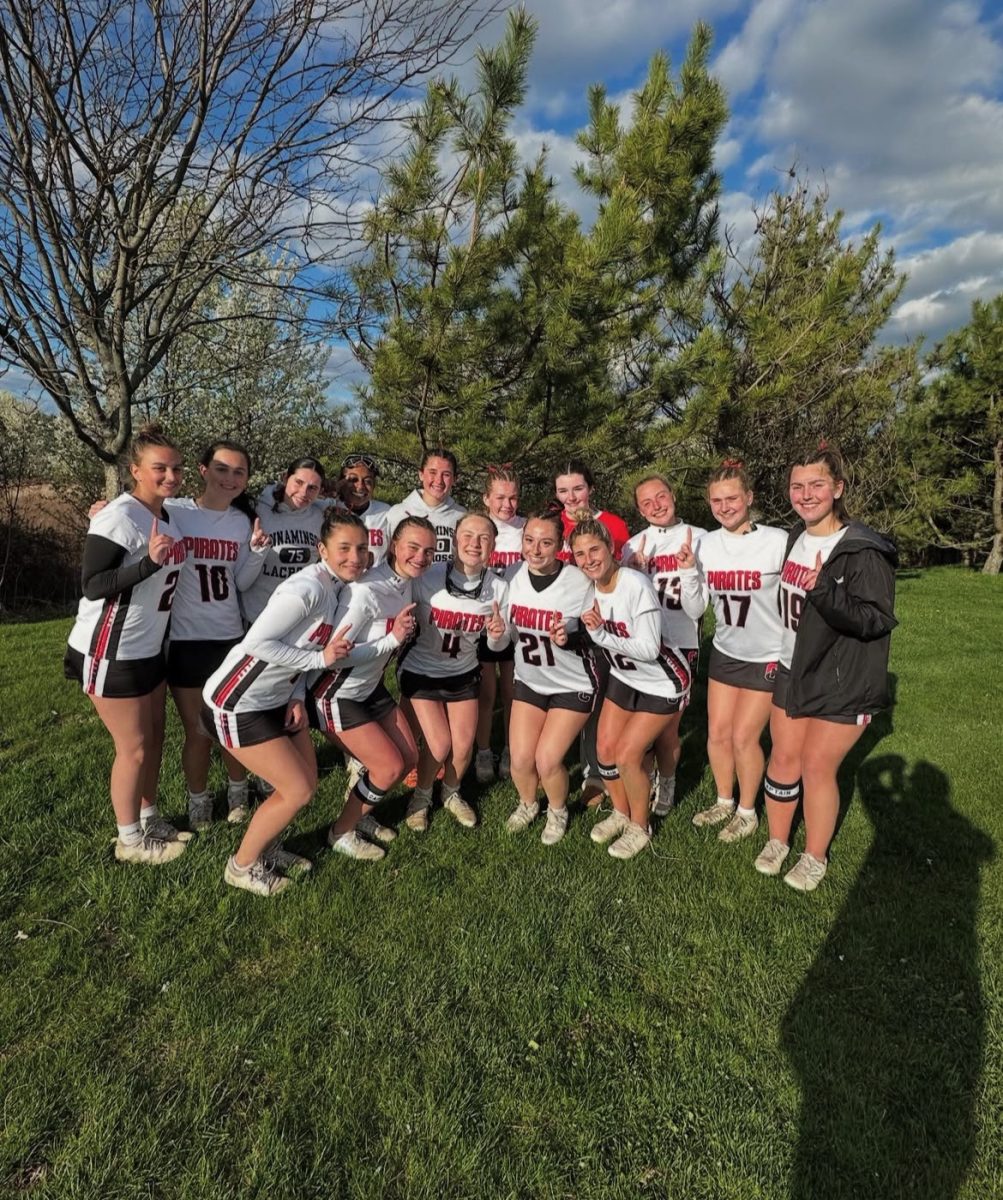If you want to learn more about the workforce and how to secure a job in high school then you should consider taking the “Cooperative Business Education” (Co-Op) class. This class allows seniors to leave school at 11:14 a.m. and go to their job of preference while also earning school credits.
For the past 10 years, Mr. Brandon Bond has overseen the Co-Op program; he also teaches financial readiness. As part of the Co-Op class, students are paid for their employment while also learning how to work with others in a work environment, build a resume, and jumpstart a career.
“Co-Op is an academic course that focuses on workplace readiness skills. We cover lots of things, from how to be a good employee, how to work safely at work, good teamwork and getting along with coworkers,” Bond said. “We talk about how to build a resume and how to apply for jobs and interview strategies and try to really focus on a lot of career prep and career planning, so that way when you graduate high school, you have a career path in front of you.”
Senior Brian Young describes what Co-Op means to him.
“So essentially you get to do this class. It’s a business class, and it counts for, I think three or four classes in terms of the credits,” Young explained. “So you get to leave early and then go to work, and then Mr. Bond, he’ll cooperate with you, your boss at work, and they’ll grade you on how you work.”
Young works as a supervisor at Chick-Fil-A.
“So it’s a lot more difficult than I thought it was going to be. It’s a lot of working with people instead of, like, processes is the way I’ve always heard it described. And so, it’s, it’s more about, you know, focusing on motivating people to do their jobs rather than just doing your job,” Young said about his role.
Bond suggests his students work an average of 15 hours a week. By the end of the year students’ end goal is to have worked 540 hours. He said he also wants his students to work in a safe environment; according to Bond, 90% of jobs are approved by him.
Since it is also an academic class, students still have to complete assignments on NJCan.
“A lot of technical work with NJCan,you have to figure out future careers and how you want to work towards that goal,” senior Jake Braciszewski said.
Senior Cara Parone builds on what Braciszewki said about NJCan.
“They’re called NJCan assignments. So we basically use a website. It kind of gives us the rundown of different jobs. I know I did an HR manager for one of them. It kind of gave the salary, the potential growth of the career, how many job opportunities are in, like New Jersey, and then in the United States,” Parone said. “They’re very insightful. It’s tedious, but it gets really easy after a little bit. We do like one or two every marketing.”
The reason why Co-Op is offered in high school is because it allows students to put their skills from school to use in real-world settings, including math, reading, writing, and other practical skills. This class also exposes students into real-world issues and problems.
“That’s the practical skills and the application of kind of what we’re trying to encourage you to learn at high school. So putting those skills to practice, I think, is very good and just getting out into the real world, which is sometimes shocking for some people, so to help in addressing some of those adult issues and social issues, and kind of helping to guide them is, I think, really important, ” Bond said.
To ensure that students are actually going to work, students must submit a pay stub each week.
“I have a lot of things that go into that students do have to provide their pay stubs. Usually the number one thing students give me is their schedule of when they’re going to work that week, and then each week, we go through when they actually worked,” Bond said. “So between those two things, they usually line up pretty well. I also do check-ins, and I talk to their bosses a lot, and I go to the actual place of work and observe students’ work just as a checkpoint.”
Bond will also occasionally go to students’ workplaces to observe them. While there, he’ll provide them with feedback on their performances.
“I go and I buy whatever, and I listen to how students greet me. I listen to how students respond to questions, and I try to coach them as best I can. It’s not a graded thing,” Bond explained. “It’s more of an encouragement thing, or I saw this, I think you do a little better with this.”
A typical schedule for a student in Co-Op is to have all of their academic classes and requirements in the first five periods of the day before leaving CHS. In order to take the Co-Op class, students must have built up their credits in their first three years of high school.
A challenge some students may have to adapt to is the difference between a work and school environment.
“It’s a lot more abstract than, like, most other classes you take. It’s not very straightforward. It’s very like goal setting or just things you’re not generally covering in school,” Young said.
Another challenge students may face is if they only take this class to get out of school. If they do, they could fall behind and not fully grasp the concept of working hard.
“Well, if you’re not a worker and you’re just trying to get out of school, that’s a big challenge. Students in my class usually are very successful if they want. If they’re workers and they have a good work ethic, students that are just trying to get out of school typically struggle in the class,” Bond said.
Parone expresses the benefits this academic class has to offer.
“I have grown very knowledgeable about just the different processes and I guess we’ve learned about laws, like regulations, about a workplace. I’ve definitely seen the pros and cons of working at a restaurant – things that shouldn’t be happening, things that should be happening,” Parone said. “It made me a lot more aware of what I kind of walked into, and having a job and what to look out for, how to protect myself, present myself, all that. It’s a great class to prepare for the future.”
Parone works two jobs; she is a cashier at Wegmans and a server at Tommy’s Tavern and Tap. She describes how she balances both jobs.
“I was actually working almost every day. I was working three days at one and three days at the other and I kind of realized that I was doing too much, and I wasn’t enjoying my senior year,” Parone said. “So I went down to two days at both, and right now that’s a really good balance for me because I have time for school, and then I also have time to work to make money you know to save up for different things.”
According to Bond, students that should take Co-Op are students who want to step out into a work atmosphere. He said in doing so students will be prepared for future tasks and jobs they will have to do later in life. Bond said he enjoys how different businesses are teaching his students about working hard.
“So the opportunity to see how businesses work and get to meet with these business owners and hear their stories and how they built things from the ground up. And it’s pretty inspiring,” Bond said. “I love the fact that they’re willing to take a student on and teach the student that business and give them an opportunity to build a career. It’s pretty cool to see that happen.”
Braciszewski is a server at FireBirds and explains his thought process on why he became a server.
“I picked it because it’s more like a public setting, like it’s interacting with people, and it’s great because you’re making tips on how well you deal with people,” Braciszewski said
Another interesting job a CHS Co-Op student has belongs to Brayden Catalano who works at SwemCo. Catalano gets to manufacture different things as part of his job.
“I build baby incubators at SwemCo, but they have a government contractor, so they build missiles and stuff, and then they also build medical supplies,” Catalano said of the company.
Catalano got into this job because some of his friends also work there. Then he was assigned to build baby incubators which he thoroughly enjoys building.
“I think a lot of what we do here is individual improvement, individual self growth and reflection that a lot of students really benefit from,” Bond said. “You know, when they come in in September and they leave in June, just their confidence and their, you know, their determination to work and improve, I think really, helps them for their future.”

